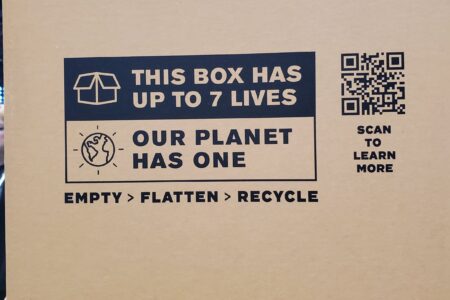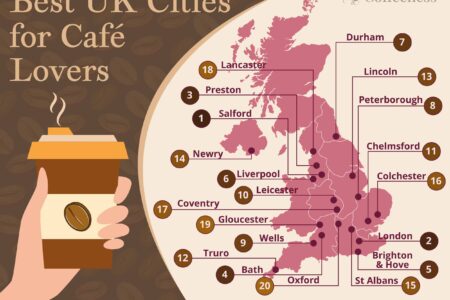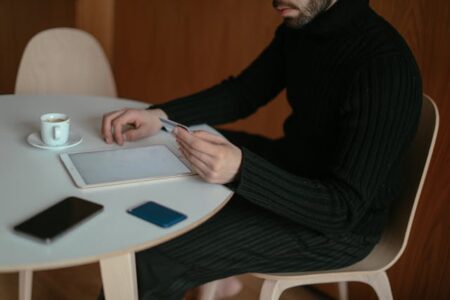Coffee capsule revolution in recycling-prone Belgium

Images sourced by: Dominique Huret
In tiny Belgium, recycling isn’t just a slogan, it is an action performed by the country’s 12 million habitants! At the core of this is Fost Plus, a Belgian not-for-profit organisation, set up and financed by several industries to enable packaging recycling. As per European legislation, companies that bring packaging onto the market are responsible for the end-of-life (waste) phase of those packaging. This is called the Extended Producer Responsibility. Fost Plus collaborates with cooperations of municipalities, private waste management companies and recyclers to organise the collection and recycling of packaging, as sorting is mandatory in Belgium.
Consumers separate at home residual waste, organic waste, paper-cardboard, glass and packaging waste. Packaging waste needs to be sorted in a specific, blue-coloured recycling bin bag. Named the ‘Blue bag,’ the bags are for sale in supermarkets and convenience stores at an affordable price. Consumers fill them and they are collected at the doorstep at specific times, with a calendar per city and per area. More than 23kg of packaging waste (plastic packaging, metal packaging and drink cartons) per person is collected each year in Belgium. With this system of bags, packaging waste is separated from residual waste, with the aim to recycle it better. Today the blue bag is at cruising speed.
Through nationwide media and direct mail campaigns, Fost Plus informs citizens of new sorting initiatives. At the end of 2022, it announced that beverage capsules were allowed in the blue bag, collected at the door. This was revolutionary, as those capsules, technically speaking, are not packaging and needed specific operational adaptations in order to be sorted and recycled. Due to the capsules weight, the presence of grounds and their small size, a new sorting technology to sort the content of the blue bag per material type was implemented and new recycling outlets for that specific type was found. The project was initiated and financed by four coffee capsule producers: Delhaize grocery department chain with private label capsules, Nestlé/Nespresso, Nescafé and JDE Peet’s. Thanks to their efforts, the necessary technology to sort the capsules from the rest of the blue bag was implemented. New recycling markets were created to recycle this specific type of waste, overcoming the challenge to treat the residual coffee grounds in the capsules.
Over a year later, this new sorting method has already reached 80% of Belgians. Four out of ten capsules sold in the Belgium are recycled. The coffee capsules market and other beverage containers is booming, fuelled by the growing popularity of single-serve coffee among consumers. Capsules offer the convenience of brewing a single cup of coffee at a time, with customisable flavours and precise water and steam measurements. Additionally, an increasing variety of capsules are hitting the market, catering to tea, hot chocolate, and other hot beverages. The majority of these capsules are made of aluminium, an infinitely recyclable material in high demand in the recycling market. However, Fost Plus insists that plastic capsules also hold great recycling potential and are treated as well.
Biodegradable coffee capsules are not allowed in the bag reserved for biodegradable waste and must be thrown in the household trash. Why? Because biodegradation is not conclusive, according to the operators of the biomethanisation unit where Fost Plus’s organic waste is treated. It will be difficult for collectors to distinguish, through the bio bag, between plastic capsules (prohibited in the organic bag) or biodegradable ones.
Biodegradable capsules aside, Belgium has become one of the first countries to implement a nationwide and brand-independent recycling solution for beverage capsules, confirming its frontrunner position in recycling and waste treatment.
- Dominique Huret has been a journalist for the beverage & packaging sectors since 2005. She writes in French, English, and Dutch for several press groups. Huret is also the co-founder of Cape Decision consultancy based in Brussels, Belgium. She may be reached at [email protected].



